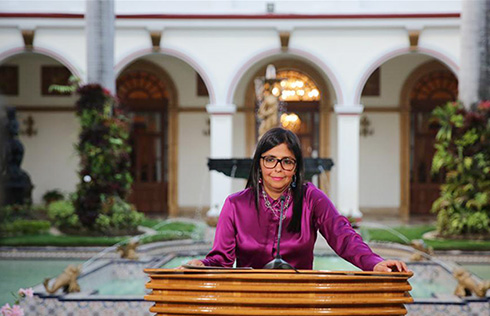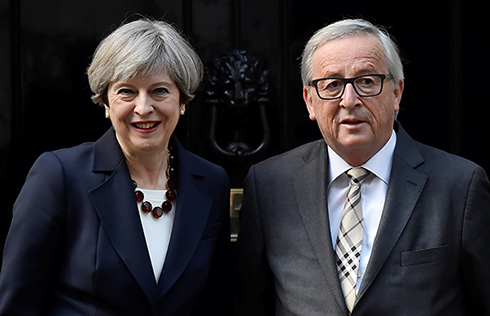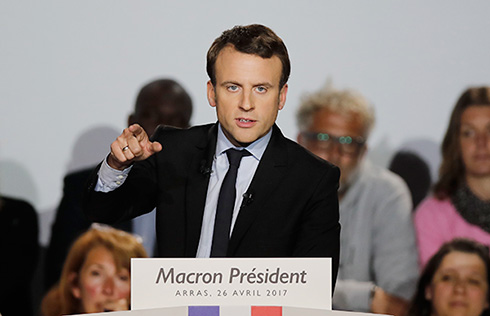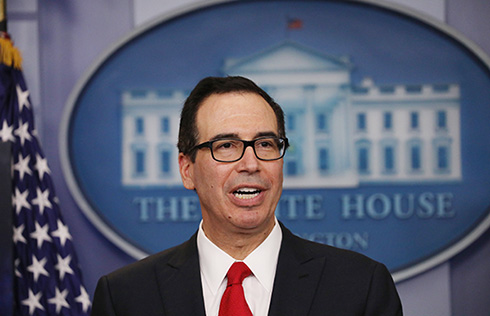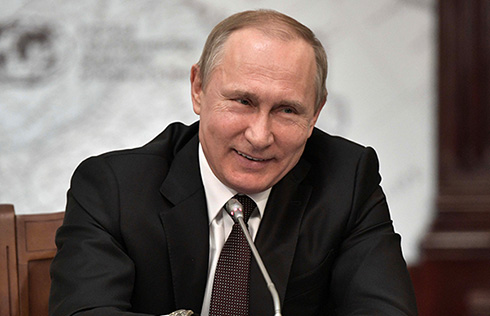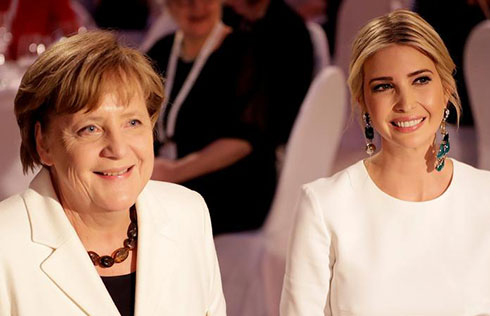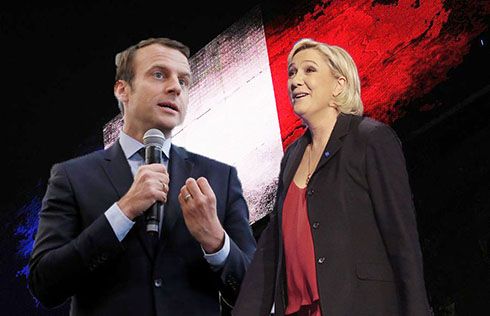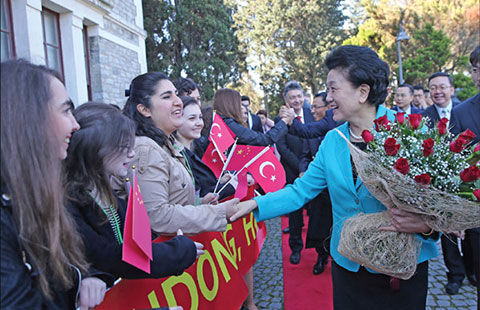Chinese ambassador to US calls for diplomacy in wake of THAAD deployment
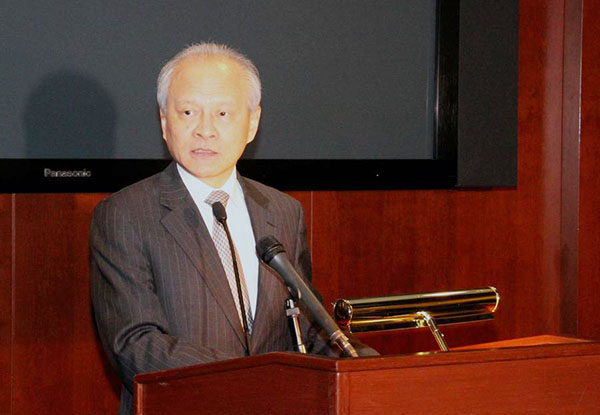 |
|
File photo of Chinese Ambassador to the United States Cui Tiankai. [Photo/Xinhua] |
The US deployment of anti-missile defense system THAAD in South Korea won't ease tensions or thwart dangers on the peninsula. Instead, it will undermine mutual trust among all parties, Chinese Ambassador to the United States Cui Tiankai said on Wednesday.
"I still believe it will serve our common interest if a diplomatic solution, a peaceful means to the problems could be found," Cui said in an interview with CNN Christiane Amanpour. "We strongly advocate all parties concerned will refrain from doing things that might escalate the situation even further."
The interview occurred after about 20 trucks and trailers carried the elements of THAAD, including radar and mobile launchers, to a golf course at Soseong-ri village in Seongju county, South Gyeongsang province. Meanwhile, a standoff hangs over the Democratic People's Republic of Korea's nuclear weapons and long-range ballistic missiles.
Cui said China certainly had serious concerns about the deployment of THAAD. It won't help reduce tensions or prevent dangers on the Korean Peninsula, he noted.
"To the contrary, it will very much undermine the mutual trust and confidence between us, and pose a very serious threat to China's own security," Cui told the chief international correspondent of CNN. "We will not change our position."
He said China and the US have shared interest on the Korean Peninsula, where both want to see continued stability and progress toward denuclearization.
Moon Jae-in, the liberal politician expected to win South Korea's election, has called for a delay in the deployment, saying the new administration should make a decision after gathering public opinion and more discussions with Washington, Reuters reported on Wednesday.
The report cited Moon's spokesman as saying that moving the parts to the site "ignored public opinion and due process" and said it should be suspended.
South Korea and the US agreed on "swift punitive measures" against the DPRK in the event of more provocation, but the US signaled that sanctions and diplomatic pressure are its priorities for now, Reuters reported on Thursday.
Cui said the situation on the Korean Peninsula posed a challenge to China, the US and Russia among other countries, who should work together to seek a diplomatic solution.
Equally important to "effectively and strictly" implementing all the United Nations Security Council resolutions regarding the Korean Peninsula, including sanctions, China has been pursuing diplomatic efforts in hopes that all parties will join in the serious search for a real, effective and peaceful solution, Cui said.
Asked if Chinese President Xi Jinping had made any specific commitments regarding the DPRK to President Donald Trump when meeting at the Mar-a-Lago resort in Florida early this month, Cui told CNN that he believed Xi had reiterated China's position to Trump and elaborated Beijing's concerns.
"I think President Trump listened very carefully to President Xi," Cui said.
The ambassador said the two presidents got on very well at their first meeting, which gave clear guidance and direction of where China-US relations should be going.
China's Foreign Ministry said the deployment of THAAD went against efforts made by all parties to settle issues through discussion and severely sabotaged China's security and strategic interests.
"China will firmly take necessary actions to safeguard its own interests," Foreign Ministry spokesman Geng Shuang said at a news briefing on Wednesday.




